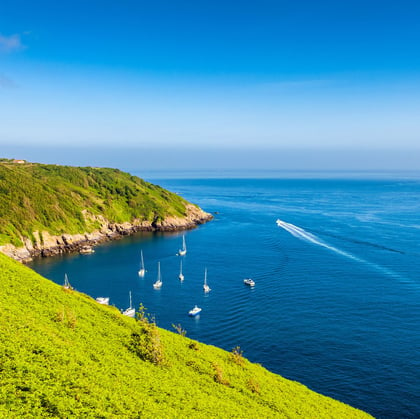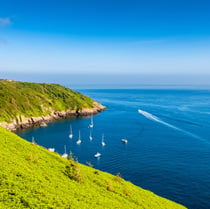Life on Sark - Issue #339

Today's link is just a fun and funny read. The writing is good and the topic is interesting: how's a small, somewhat self-governing island going to fare in the modern world? Sark reminds me of where I grew up.
My parents really enjoyed the seaside hamlet of Ocean Park, buying and renovating two homes in succession in the late 70s and early 80s. The summers were delightful and the winters quiet. Perhaps too quiet, in the end. After us kids arrived and grew old enough to look around for friends, living in an empty neighborhood 8 or 9 months of the year wasn't great. The vacation towns in Maine were places you'd want to own a second house, but not live in year-round.
I say were places to own a second home because in the decades since we moved to a "real town", seaside hamlets, including Ocean Park, have become year-round communities. We've seen this with mountains towns, as well: there are more full-time and summer residents in places like Sugarloaf than ever before. You see this in things like school enrollment figures: from 1-2 students to 8 or 10. Not a lot, but that's 5x for Carrabassett Valley, Maine. The kinds of governance and community that used to work for these places sometimes don't support their current needs.
That brings us back to the story of Sark, an enjoyable read about how change does and doesn't come to communities.
Reading
Life on SarkThe quirkiest of the British Isles is a self-governing jurisdiction between Guernsey and France just over three miles long and less than two miles wide. |
|
